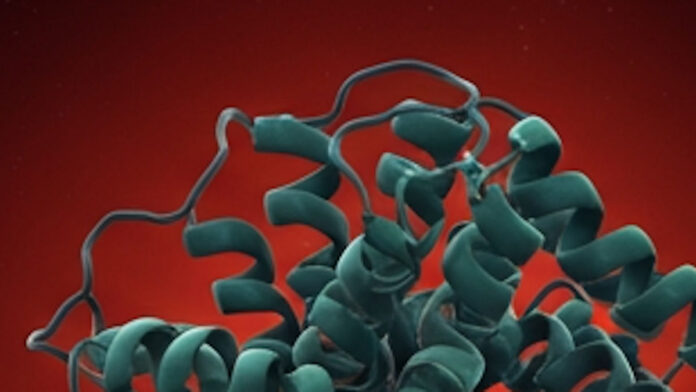BioAegis Therapeutics has announced that the U.S. Food and Drug Administration (FDA) has granted Fast Track designation to its lead product candidate, recombinant human plasma gelsolin (rhu-pGSN), for the treatment of decompression sickness (DCS).
The company is currently conducting a phase 2 study of rhu-pGSN for decompression sickness under a contract awarded by the U.S. Navy’s Office of Naval Research to the University of Maryland School of Medicine (UMSOM). This work is the culmination of an extended collaboration with Stephen Thom, professor of Emergency Medicine at UMSOM.
BioAegis’ portfolio is built around plasma gelsolin, a highly conserved and critical immune regulatory protein which rebalances dysfunctional inflammation without suppressing immune function.
The FDA Fast Track programme is intended to accelerate the development of new therapies for serious conditions with high unmet medical needs. Fast Track status enables more frequent interactions with the FDA, including rolling review of the marketing application, and eligibility for priority review, which can significantly accelerate time to market. For BioAegis, this designation highlights the therapeutic promise of rhu-pGSN and provides a clear regulatory pathway to expedite its development.
This is the second Fast Track designation for BioAegis in recent months following one granted for acute respiratory distress syndrome (ARDS). These dual designations underscore the breadth and therapeutic potential of rhu-pGSN.
“Fast Track status is granted for products that are addressing areas of strong unmet need with novel, innovative approaches. Dr. Thom’s findings of the role of the NLRP3 inflammasome in this condition in divers is a powerful opportunity for BioAegis to demonstrate the benefits of our platform product which is clearly differentiated from other anti-inflammatory agents. This is just a first step in expansion of BioAegis’ portfolio to the range of challenging diseases driven by inflammasome activation,” said Susan Levinson, CEO of BioAegis Therapeutics.
Earlier studies have demonstrated that DCS patients exhibit depleted gelsolin levels and elevated NLRP3-driven inflammatory microparticles. In preclinical models, rhu-pGSN supplementation was efficacious when administered after exposure to pressure changes, as well as when provided as a prophylactic agent.
DCS occurs when inert gases form bubbles in tissues and blood due to rapid pressure changes, triggering a dangerous inflammatory response and tissue damage. Previous research has shown that individuals with DCS exhibit depleted plasma gelsolin levels and elevated inflammatory microparticles, features that rhu-pGSN has been shown to directly counteract.
This study design will enable rapid generation of human proof-of-concept data and underscores the potential of rhu-pGSN to transform the treatment of decompression sickness for both military and civilian divers as a portable, field-deployable intervention, especially in remote or operational settings where hyperbaric chambers may not be available.
Gelsolin holds promise as a therapeutic intervention for serious acute and chronic conditions due to its multifaceted mechanism of action. In critical illness, gelsolin levels collapse, causing adverse outcomes. Supplementing gelsolin addresses this deficit directly, restoring immune balance while preserving host defense. Gelsolin has been shown in both animals and humans to: modulate the activation of the NLRP3 inflammasome; enhance uptake and killing of microbial pathogens by innate immune cells; bind to and remove harmful inflammatory mediators and toxic actin released from damaged cells; and regulate macrophage phenotype to modulate inflammation.
Supplementation with the recombinant gelsolin protein holds promise to address the overzealous inflammatory response associated many inflammatory diseases without suppressing immune function.


